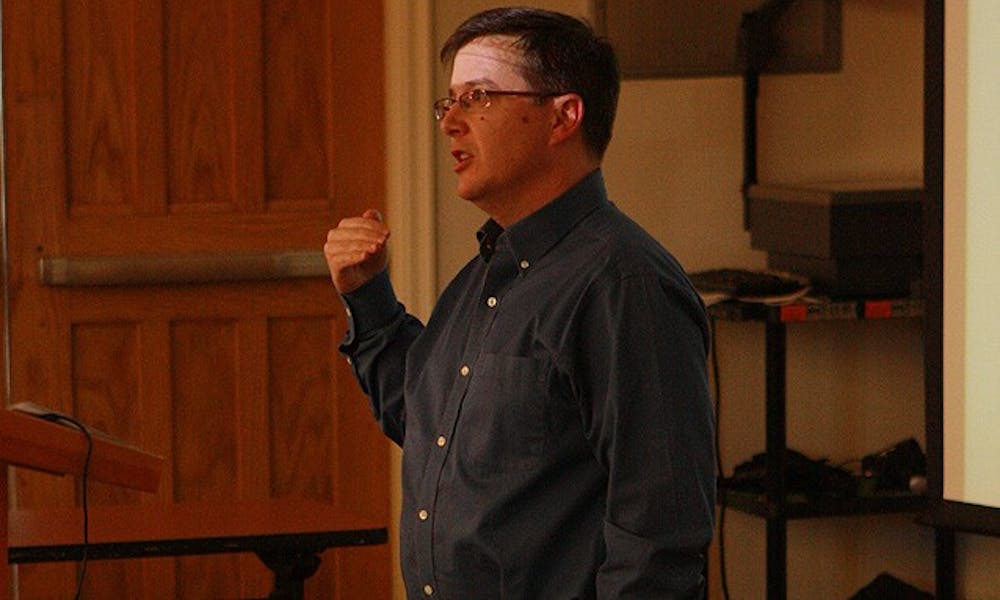The Arts and Sciences Council eliminated the pass/fail grading option for undergraduates during its meeting Thursday, replacing it with a satisfactory/unsatisfactory option.
Students can now apply to take courses on a satisfactory/unsatisfactory basis once each semester and summer session, though only four satisfactory/unsatisfactory courses may be counted toward graduation requirements.
“[The new policy] meets the original intention brought forward by the students,” Arts and Sciences Council Chair Ruth Day, associate professor of psychology and neuroscience, said in an interview. “We want students to be adventuresome in their course-taking without the fear of bad grades.”
Under the current grading system, a passing grade is not calculated into a student’s grade point average, but a failing grade is factored in. The new policy—which will take effect this Fall—will not count an “S,” satisfactory, or a “U,” unsatisfactory, into a student’s GPA. Both “S” and “U,” however, will appear on the transcript. Furthermore, students who receive a “U” in a course will not receive course credit, and will be ineligible for the Dean’s List. The changes also apply to physical education courses and other classes that can only be taken on a non-graded basis.
The new policy also allows students to switch from taking a course on an ungraded basis to a graded basis up to four weeks before the end of the semester.
“We want to encourage departments, if they see fit, to allow more courses to be elected for satisfactory/unsatisfactory status,” said Peter Feaver, professor of political science and public policy. “And it has enough penalty to keep students from being cavalier about it.”
Like classes taken pass/fail, courses taken on a satisfactory/unsatisfactory basis will not count toward major, minor or certificate requirements unless students receive permission from the director of undergraduate studies of the department or program. The new policy prohibits students taking fewer than four courses from taking a course on a satisfactory/unsatisfactory basis.
Revisions to the nongraded course policy were first proposed two years ago by former Duke Student Government Vice President for Academic Affairs, Chelsea Goldstein, who is now a senior.
At the meeting, faculty members also voted to expand the council to include majors outside Arts and Sciences departments and programs. This includes the new neuroscience major and majors offered at the Nicholas School of the Environment and the Sanford School of Public Policy. Under the new bylaws, one representative and one alternate from each of these majors will be elected to the council.
“When we talked through becoming a school, which we did in July, we knew we could stay with Arts and Sciences or go like [the Pratt School of Engineering],” said Ken Rogerson, director of undergraduate studies in public policy. “The model we have is to keep undergraduates with Arts and Sciences. We feel this is our home.”
In other business
Vice Provost for Academic Affairs John Simon reported that Duke has been placed on monitoring status by the Southern Association of Colleges and Schools. Although the University was reaccredited Tuesday, it has not “demonstrated that its institutional effectiveness, with regard to student learning outcomes, have occurred broadly in undergraduate and graduate programs,” according to a letter written to Duke by SACS.
Simon said the University will submit a report by Sept. 7 to SACS to lift itself from monitoring status.
Get The Chronicle straight to your inbox
Signup for our weekly newsletter. Cancel at any time.

